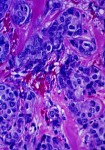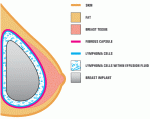Last week, Pauline Chen wrote on medical ethics and clinical trials. She reflects on her training at a cancer research hospital, where some cancer patients go with unrealistic optimism.
Like Dr. Chen, I spent part of my training at a famous cancer center where I worked as a resident and fellow on rotations. And yes, some patients were unreasonably optimistic and some – perhaps even most, it seemed – didn’t fully “get” the purpose of their trial, which in Phase I studies were not designed to help them. This is a real dilemma for treating oncologists.
Posted in clinical trials, Ideas, Informed Consent, Medical Ethics, Oncology (cancer), Patient AutonomyTagged clinical trials, informed consent, Lake Wobegon effect, optimism, Pauline Chen, prognosis






